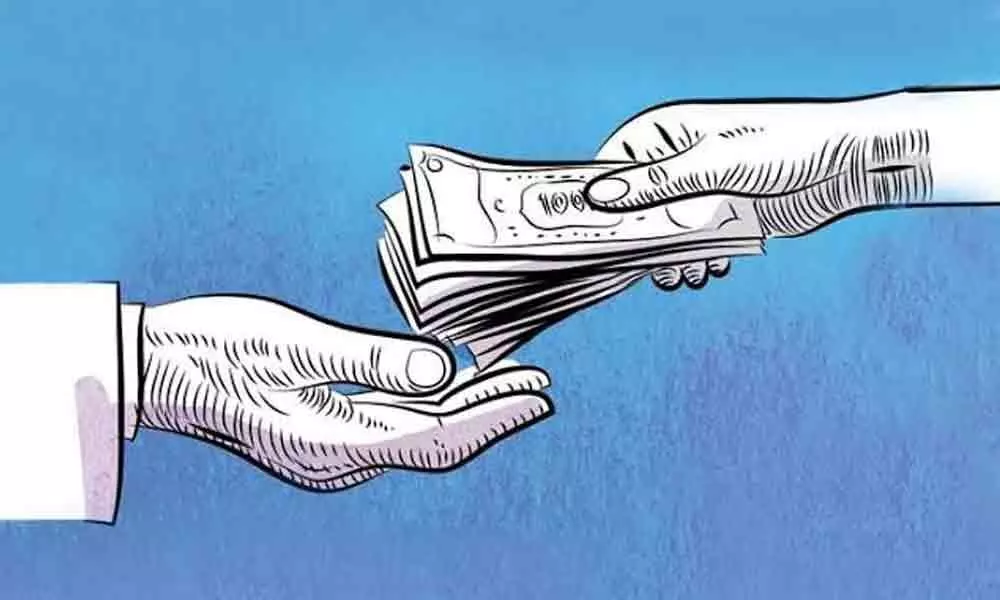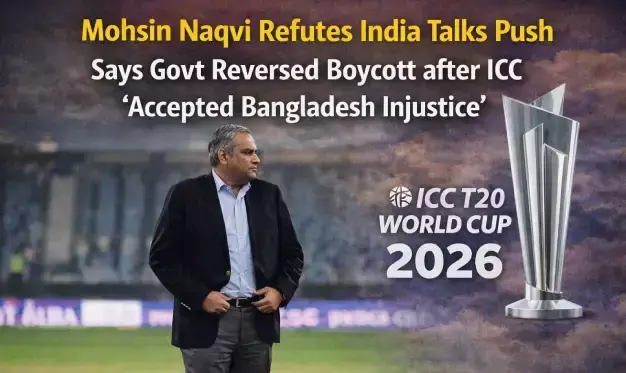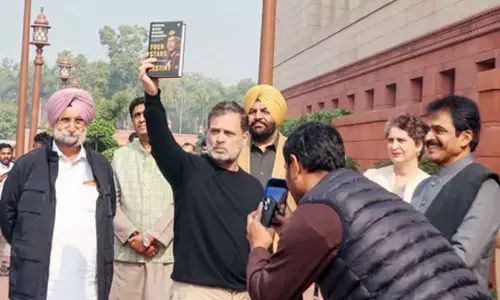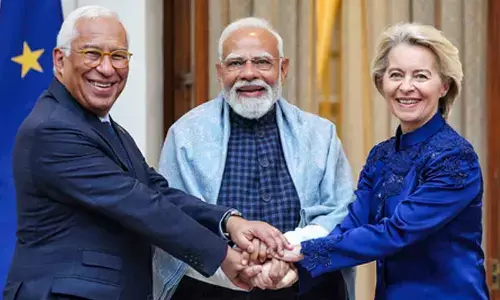Wealth creation must enhance common man's livelihood

The overreaching theme of the Economic Survey 2019-20 tabled in Parliament is 'Wealth Creation and Policy Choices that Enable It".
The overreaching theme of the Economic Survey 2019-20 tabled in Parliament is 'Wealth Creation and Policy Choices that Enable It". Drawing heavily from the past experience, it relies on the contemporary evidence following the liberalisation of the Indian economy that supported the economic model advocated in our traditional thinking.
The exponential rise in India's GDP and GDP per capita post liberalisation coincides with wealth generation in the stock market. Similarly, the evidence across various sectors of the economy illustrates the enormous benefits that accrue from enabling the invisible hand of the market.
Indeed, the survey shows clearly that sectors that were liberalised grew significantly faster than those that remain closed. The events in the financial sector during 2011-13 and the consequences that followed from the same illustrate the second pillar - the need for the hand of trust to support the invisible hand.
The survey posits that India's aspiration to become a $5 trillion economy depends critically on strengthening the invisible hand of markets together with the hand of trust that can support markets. The invisible hand needs to be strengthened by promoting pro-business policies to
(i) provide equal opportunities for new entrants, enable fair competition and ease doing business,
(ii) eliminate policies that undermine markets through government intervention even where it is not necessary,
(iii) enable trade for job creation, and
(iv) efficiently scale up the banking sector to be proportionate to the size of the Indian economy. Introducing the idea of "trust as a public good that gets enhanced with greater use", the survey suggests that policies must empower transparency and effective enforcement using data and technology to enhance this public good.
As wealth creation happens by design, the overarching theme of Economic Survey 2019-20 is wealth creation and the policy choices that enable the same. At its core, policies seek to maximise social welfare under a set of resource constraints. Resource constraints force policymakers to focus on efficiency, which more output to be produced from given resources such as land, human resources and capital or, the same output for less resource use.
Government interventions sometimes lead to unintended consequences such as price increases when compared to markets that are unregulated. It happens, for example, in pharmaceutical industry where regulated formulation prices increase more than unregulated formulations.
India continues to trail in parameters such as Ease of Starting Business, Registering Property, Paying Taxes, and Enforcing Contracts. Wealth creation in the economy must ultimately enhance the livelihood of the common person by providing him/her greater purchasing power to buy goods and services.
A plate of nutritious food for the common man- a thali- is a basic item that every person encounters every day. Therefore, there cannot be a better way to communicate whether or not economic policies make the common man better off that qualifying what he/she pays for a thali every day.
The survey presents 'evidence' that a thali- a nourishing plate of food has become more affordable for a common man now. Has the thali become cheaper? Well, there is little evidence. It has been too busy focusing on its social re-engineering issues so far. Let us see whether it keeps its word.










